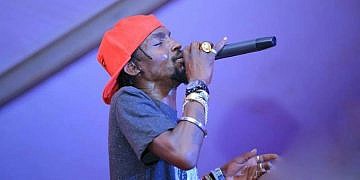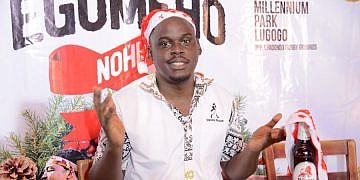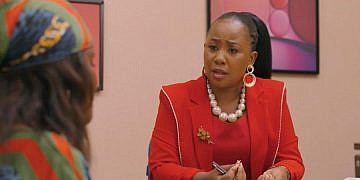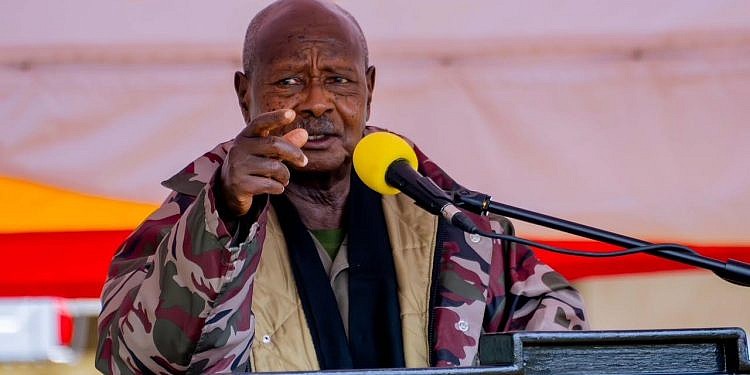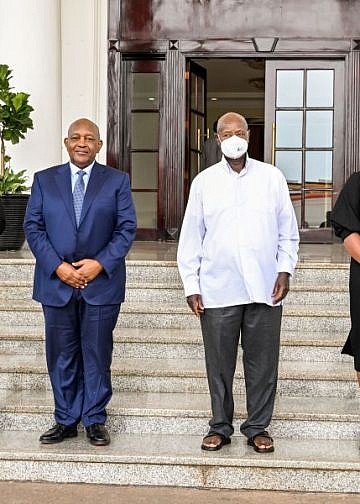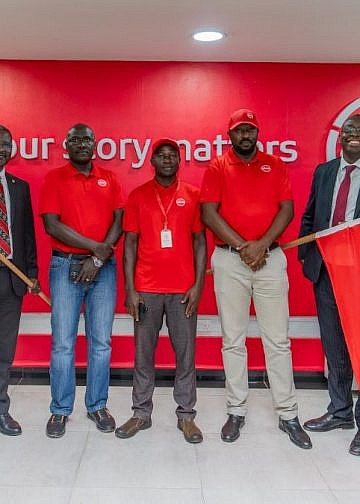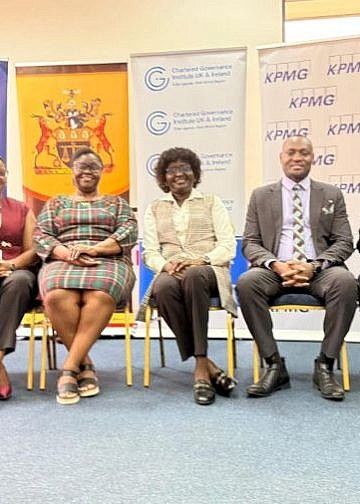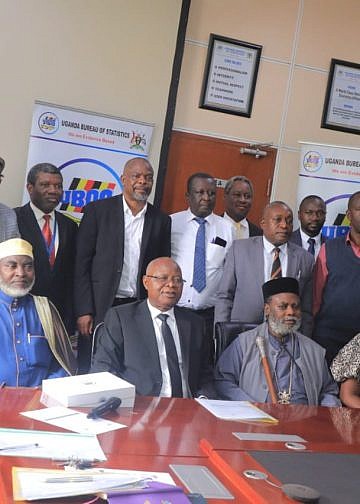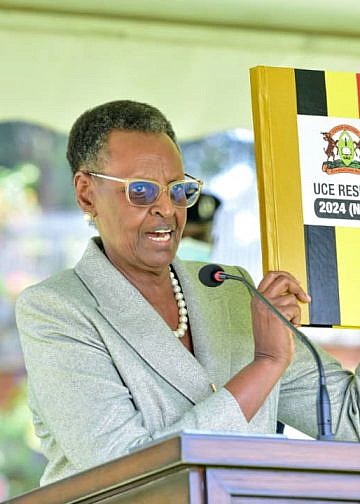President Yoweri Museveni has paid tribute to the late freedom fighter Perez Musamali for his contributions to Uganda’s liberation struggle.
Speaking during a memorial ceremony at Matuwa Primary School in Namisindwa District, Museveni commended Musamali’s legacy, particularly his leadership within the Uganda Patriotic Movement (UPM).
“I’m very happy that you remembered Musamali and invited me to show our salutations to his contribution,” the President remarked during the event.
Perez Musamali, who chaired the UPM in Greater Mbale, played a pivotal role in resisting authoritarian rule in the early 1980s.
Museveni highlighted their first encounter while in exile in Nairobi, Kenya, where Musamali had been coordinating efforts against the repressive government of the time.
“I had not met him before he went into exile, but during peace talks in Nairobi, I met him. He told me how he had been in exile and had a group here in Mt. Elgon,” Museveni recounted.
The president also revealed that Musamali’s contribution to the liberation struggle was recognised after the National Resistance Army/Movement (NRA/M) came into power in 1986.
Musamali was appointed to the National Resistance Council (NRC), a precursor to Parliament, as part of an exclusive group of 32 individuals nominated by the NRM leadership.
“It was unfortunate that he was killed in 1987 by the Force Obote Back Again (FOBA) people when he was coming from Kenya,” Museveni lamented.
The President also touched on his State House scholarship initiative, which aims to support the orphans of fallen freedom fighters through education.
“We had a simple plan for supporting the families of our people by educating the orphans; that is why I introduced the State House scholarships,” Museveni said.
He explained that these scholarships were essential because the Ministry of Education would not have the same knowledge of the families affected by the war. “Using that formula, we tried to capture as many orphans as possible.”
Museveni then urged Ugandans to remember that the NRA’s struggle was primarily about securing peace and development for the country.
“Why did Musamali have to go into exile? Because there are people here who oppose NRM, but they don’t go into exile, and nobody is killed. Security was one of the things we were fighting for,” he asserted.
He also called on residents of the Bugisu Sub-Region to pursue wealth creation through calculated commercial agriculture.
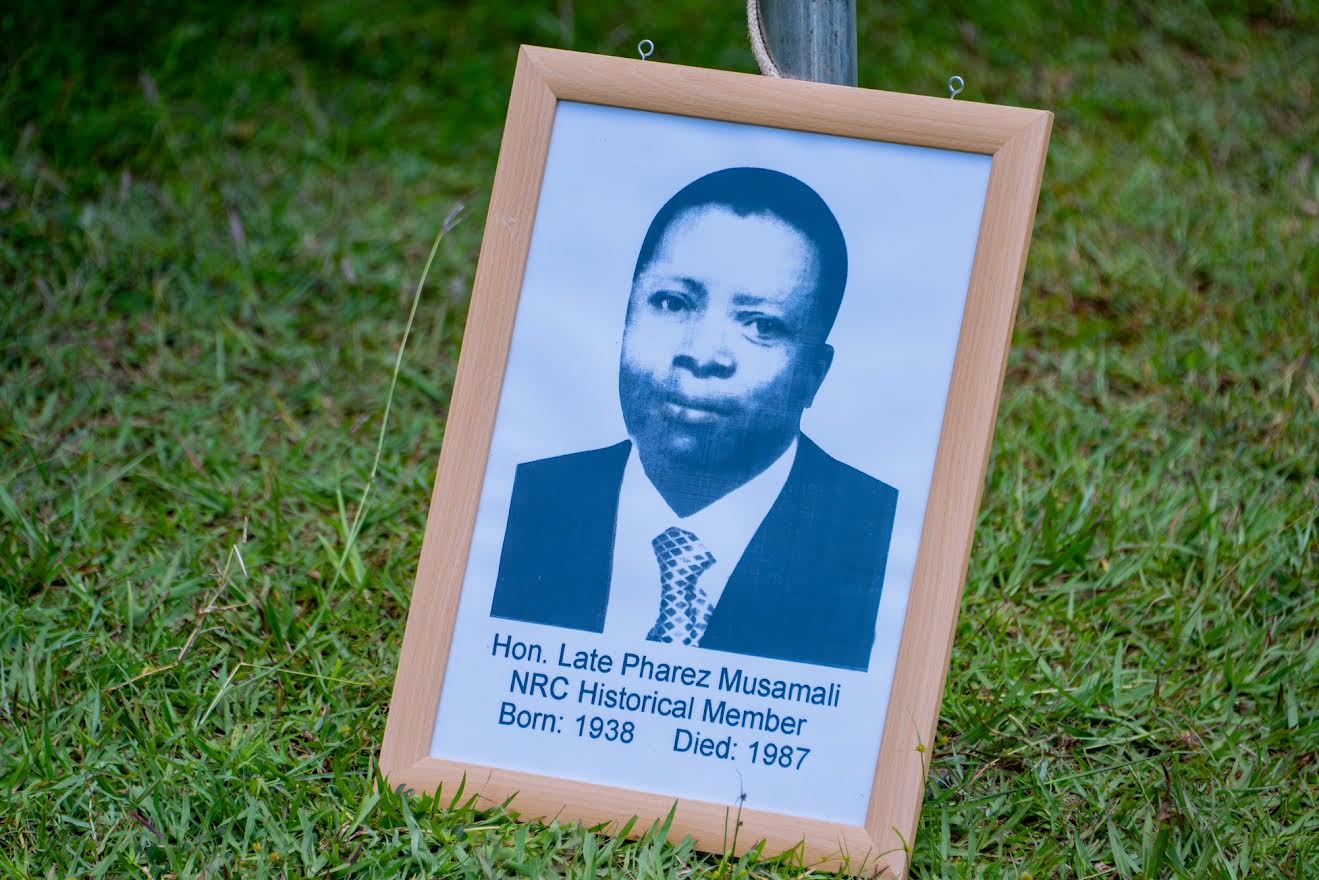
Museveni reiterated the importance of the four-acre model, advising farmers to allocate their land for coffee, fruit crops, pasture for livestock, and food crops.
He cautioned against land fragmentation, encouraging families to manage their land as a business and share its benefits without dividing it into small, less productive portions.
The president further noted that the Parish Development Model (PDM) had shown positive results in the region, though he questioned whether it had fully addressed financial issues for local residents.
“The PDM is a good program, but I want to know its impact – does it solve the ‘ekibaro’ (calculation) problem?” Museveni asked.
He also stressed the importance of holding elected leaders accountable for their actions, stating that Ugandans have the power to vote out corrupt politicians.
“You have the power to elect leaders; it’s a weapon you have to spear the thieves who steal government money,” he emphasised.
The ceremony was attended by several dignitaries, including Ministers, Members of Parliament, Resident District Commissioners (RDCs), religious and cultural leaders.
Bubulo East MP John Musila and Namisindwa District LC5 Chairperson Jackson Wakweika both praised the president for supporting the region, highlighting the creation of Namisindwa District in 2017 and the impact of the PDM on local economic growth.
Who was Perez Musamali?
Perez Musamali Nimrod was a distinguished freedom fighter whose dedication to Uganda’s liberation earned him a place in the nation’s history.
Born and raised in the Bugisu Sub-Region, Musamali’s early education took him from Matuwa Primary School to Nabumali High School, before he pursued accounting studies in the United States.
In 1980, Musamali became the Chairman of the Uganda Patriotic Movement (UPM) in Greater Mbale, contesting in the controversial elections of that year.
Following the disputed results, Musamali went into exile in Kenya, where he coordinated guerrilla efforts alongside other notable freedom fighters such as Magode Ikuya and Maumbe Mukhwana.
In 1986, the National Resistance Army (NRA) triumphed, and Musamali was appointed to the National Resistance Council.
He briefly served as State Minister for Energy before his life was tragically cut short in 1987 when he was murdered by FOBA rebels.
Musamali’s legacy as a dedicated patriot and freedom fighter endures, and his contributions to Uganda’s liberation remain a testament to his unwavering commitment to justice.










